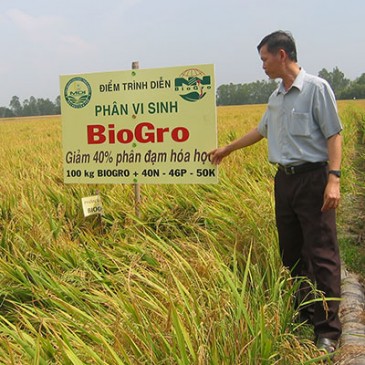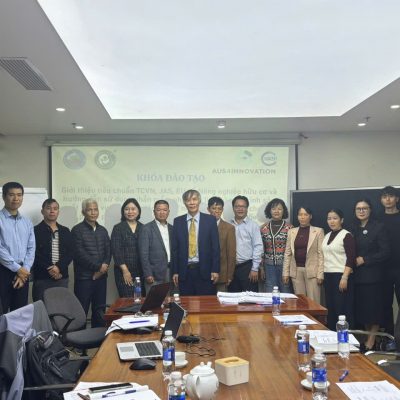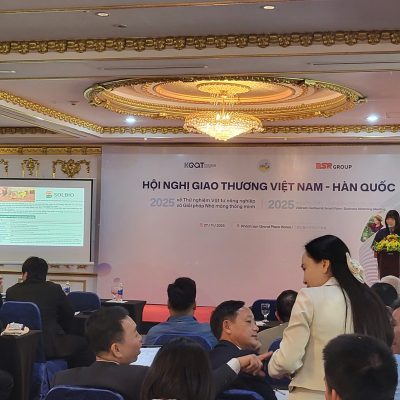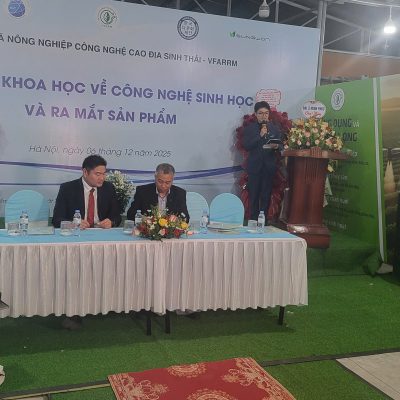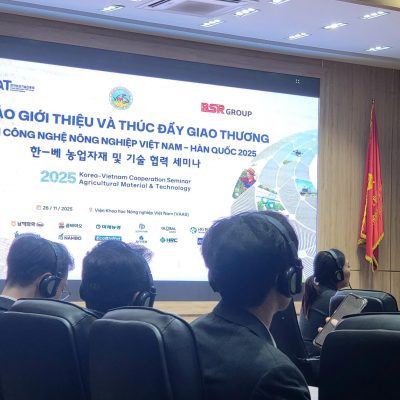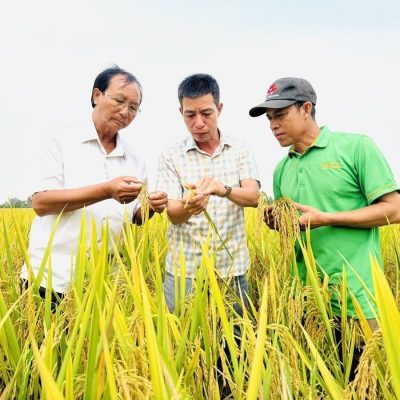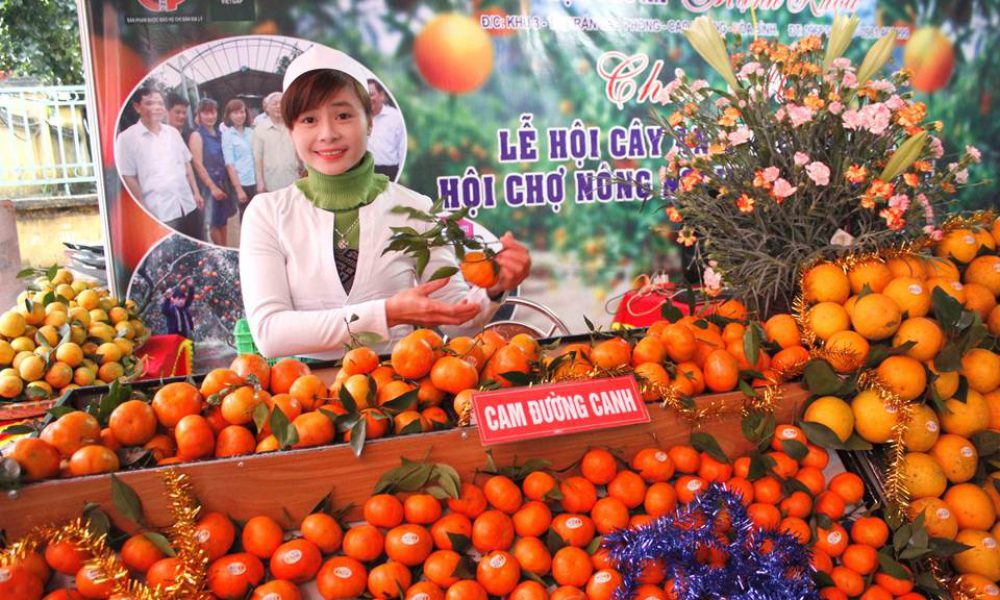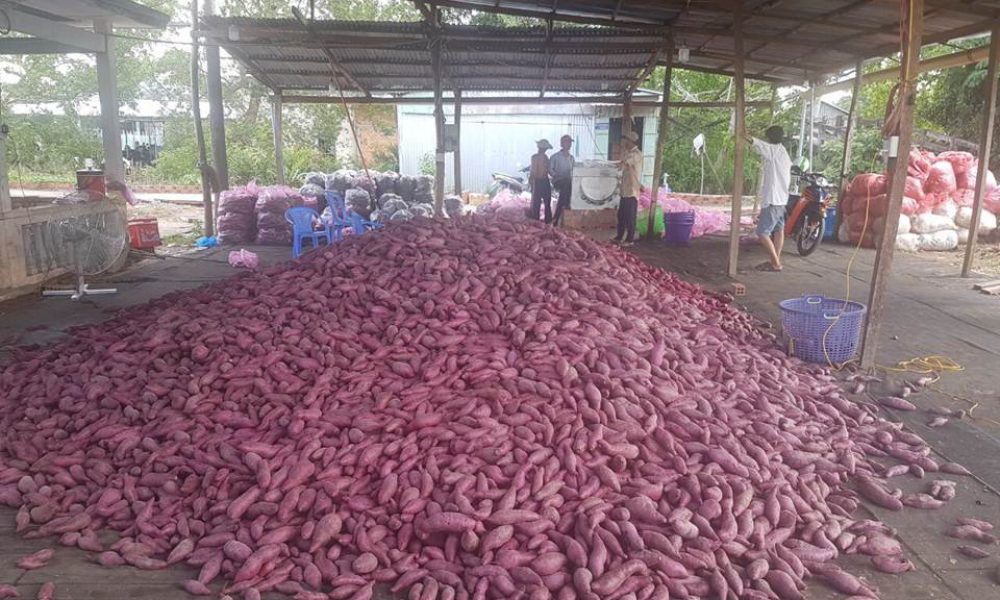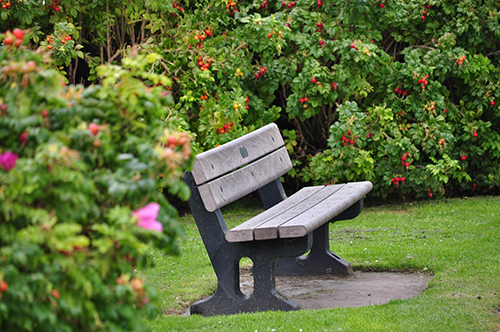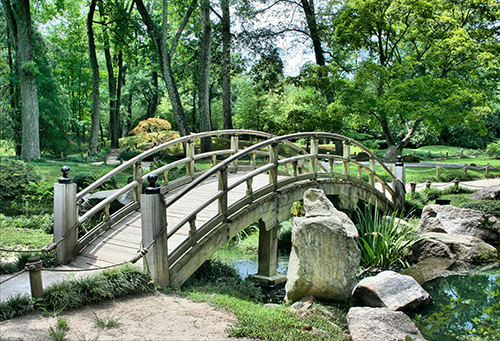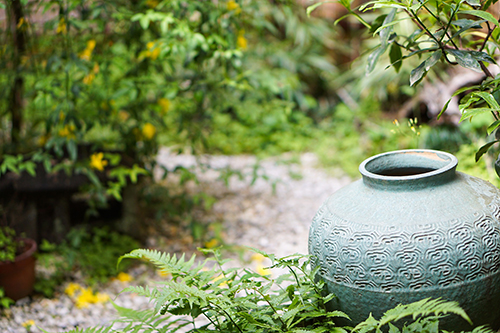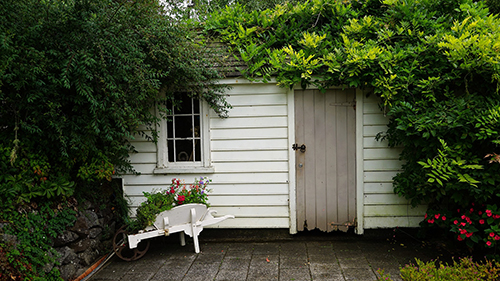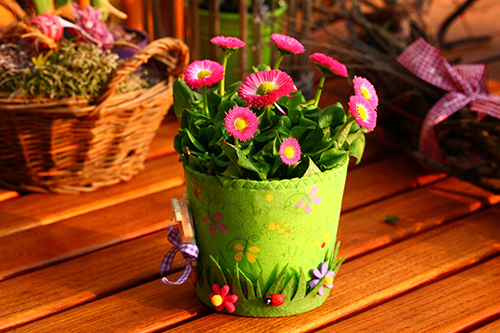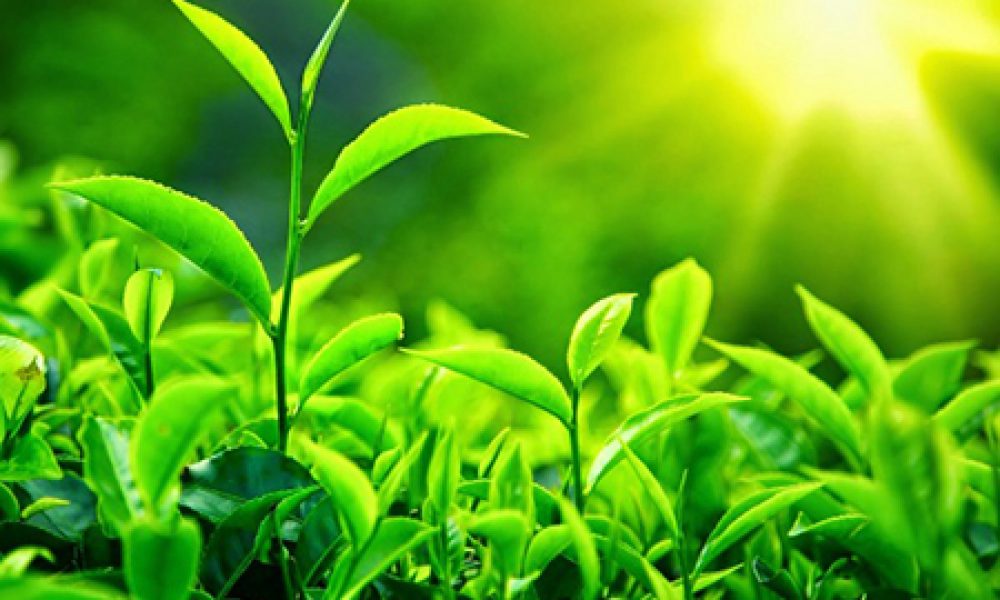
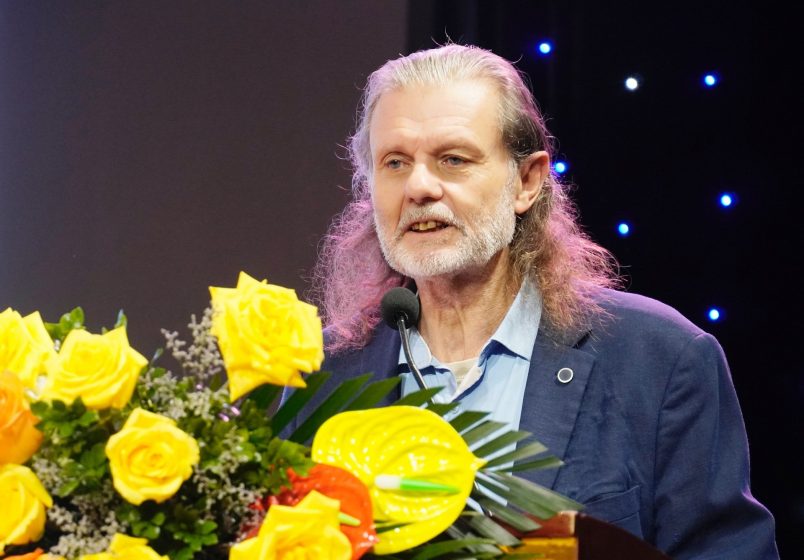
Agricultural regeneration and organic: The future of global agriculture
Global organic agriculture is at an important turn
Opening of the Asian Organic Conference
World lesson on sustainable organic agriculture development
In the presentation at the Asian organic conference 8 Taking place from the date 17 – 19/9 In Ninh Binh, GS.TS André Leu – International Director of Regeneration International (RI), Former International IFOAM president (Organics International), At the same time, he is a farmer organic agriculture regenerative shared important perspectives on the path to global agricultural development in the context of the climate and environmental crisis..
From the agricultural crisis to the formation of the regeneration movement
According to Mr. Leu, before year 2015, The concept of "regeneration agriculture" is almost rarely mentioned. But after only one decade, It has become a common term in the global press, Associated with environmental discussions, Climate change and sustainable development.
Year 2015, Leaders of many organic movements, Ecological Agriculture, Synthetic Agriculture, Environmental movements, Natural health has established Ri. The founding steering committee includes Dr. Vandana Shiva, Ronnie Cummins, TS. His Lord, Steve Rye and Prof. Dr. André Leu. Or 10 year, Currently Ri has expanded 680 Partnership 80 nation, becoming a global cooperation network with great influence.

GS.TS André Leu, International Director of Regeneration International, Former International IFOAM president (Organics International) assume, The conversion from industrial agriculture is an urgent requirement. Image: Hong Tham.
Mr. Leu pointed out, Industrial agriculture is an existing threat to the planet due to its natural degeneration. This is the cause of 80% deforestation and loss of biodiversity, Also a large source of greenhouse gas emissions. Industrial breeding system consumes 10 Kg of plant protein for production 1 kg of animal protein, both ineffective and destroy the environment.
Besides that, overuse of pesticides and Chemical fertilizer has left serious consequences for human health and the ecosystem. So according to him, The transition from industrial agriculture is an urgent requirement to protect the health of people and the welfare of all other species in this planet..
International regeneration standards and conversion roadmap
One of the key orientations that Mr. Leu mentioned was the concept of "organic 3.0 – Organic 3.0”, Consider organic agriculture as a "lighthouse" leading the change, contribute to improving the sustainability of the orthodox agricultural systems.
However, in the process of cooperation, He and his colleagues also encountered strong opposition to organic agriculture, Especially the production models have achieved organic certification.
If you choose words like "organic" or "ecological agriculture", there will be many opinions of the parties involved, Such as agroforestry combined, General cultivation, Sustainable farming ... so, Ri chose the term "rebirth" (regenerative) – A clear concept, neutral, Help approach farmers and stakeholders in an open way. “Rebirth” is also a concept that resonates deeply with most people.

Regenerative agriculture is a sustainable farming method that restores and improves land quality, fertility, biodiversity, water resources and overall ecosystem. Image: RI.
The current, regenerative agriculture were farmers, Farmers' organizations, Food Group, textile and many governments around the world support. Remarkable, This movement did not originate from corporations or academics but was promoted by farmers themselves – who directly face the challenge of climate change and environmental degradation.
Another highlight of Mr. Leu's presentation was the RI International Renewable Standard released in November 3/2025.
This standard is available exclusively to thoroughly evaluated organic certification bodies because they have the most effective systems in verifying production practices and preventing fraud..
Mr. Leu said, The reason for the new standard is by the state of California (America) once issued a definition of regenerative agriculture but allowed the use of toxic chemicals and genetically modified organisms – goes against the spirit of "rebirth".
According to RI standards, Regenerative agricultural producers can be certified at two levels. One is class A regenerative agriculture – meets all requirements. The second is regenerative agriculture in the transition period – are in the process of meeting all requirements.
There is no specific deadline for standards practitioners to progress to Class A regenerative agriculture certification. However, All regenerative agriculture certified practitioners during the transition period must clearly state the timeframe and methods for eliminating prohibited inputs and practices. This should be reviewed annually, focus on continuous improvement.
Mr. Leu emphasized: “We encourage farmers to take the first step towards positive change. This is often the most difficult aspect of any transition. According to our research, One of the main reasons why many farmers are hesitant to participate in certified organic production is the requirement for a long conversion period. 3 year”.
“With our standards, Producers can easily achieve regenerative certification during the transition period. Therefore, We have made it simple for farmers to start their journey to becoming regenerative, with the ultimate goal of achieving Grade A regeneration certification”, Mr. Leu added.
Prof. Dr. André Leu is currently the International Director of Regeneration International (RI) from year 2017. Before that, He once held the position of President of IFOAM International (Organics International) from year 2011 come 2017 – the only global representative organization for the organic farming sector. He is a leading expert on nature-based ecological farming systems with over 50 Five years of experience in regenerative organic agriculture, focus on agroecology (agroecology).

